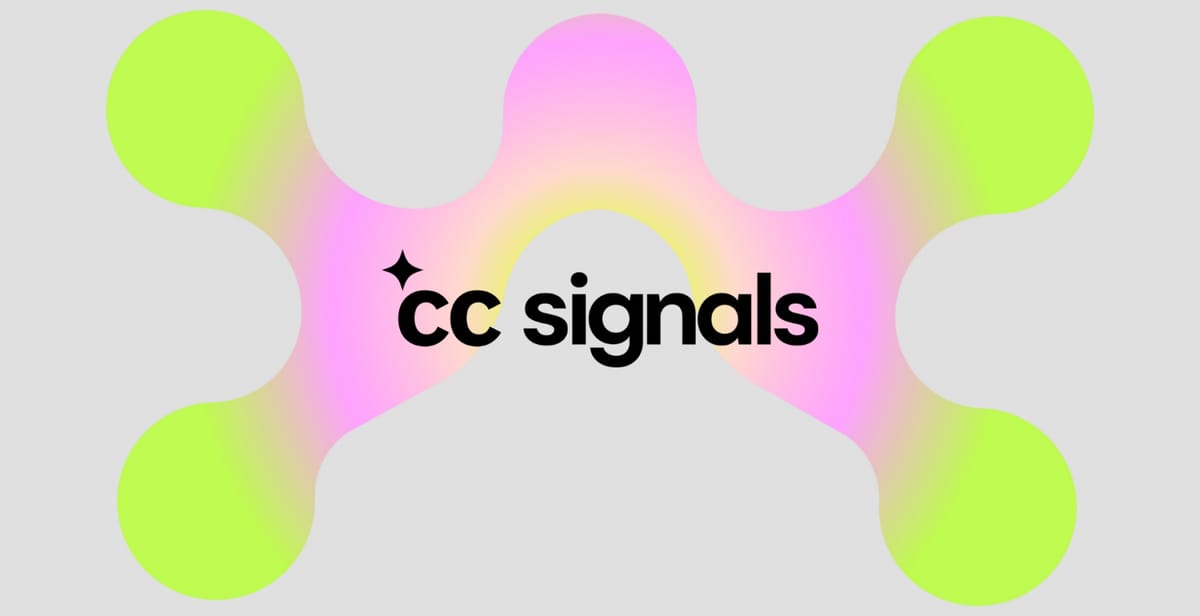The nonprofit behind the world’s most widely used open content licenses just dropped a new framework aimed at rebalancing the internet’s data economy in the AI age.
Key Points:
- CC Signals lets creators and dataset owners set preferences on AI training use
- It’s designed to be both human- and machine-readable, with flexible enforceability
- Launches publicly today, with an alpha release planned for November 2025
Creative Commons, the nonprofit best known for helping artists and educators share content legally and openly, is now turning its attention to artificial intelligence. On Wednesday, the group announced CC Signals, a new initiative that gives dataset holders a way to publicly indicate whether—and how—they want their content to be used by AI systems.
It’s a timely intervention. Right now, most of the internet is being scraped to train LLMs, often without consent, context, or compensation. Companies like OpenAI, Google, and Meta are racing to ingest anything they can get their hands on. Meanwhile, creators—from indie photographers to major newsrooms—are sounding the alarm about unlicensed use.
CC Signals aims to add some structure to that chaos. Think of it like a Creative Commons license, but for machine readability. Instead of saying “you can remix this music,” a site might say “you can’t use this dataset to train a commercial LLM.” The signals aren’t just legal tools—they’re also designed to send a clear ethical message. As CC’s CEO Anna Tumadóttir puts it: “We give, we take, we give again.”
Unlike traditional copyright, which can be either fully enforced or ignored, CC Signals is more flexible. In some cases it’ll carry legal weight; in others, it’ll be more of a public stance—like saying “please don’t” with the understanding that it’s backed by a broader social expectation. The project leans into the collective: it only works if enough people, platforms, and model builders agree to play by the same rules.
That might sound idealistic, but Creative Commons has done this before. Its original licenses helped define the open web by making it easy to share knowledge without sacrificing ownership. The hope now is to do the same for the AI era.
So far, CC Signals is still in its early stages. The team is actively gathering public feedback and will launch an alpha version in November. You can already dig into the technical specs or comment directly via their GitHub repo.
In a world where AI eats data indiscriminately, CC Signals offers a much-needed middle ground: not full lockdown, not free-for-all—but a new kind of social contract for machines.

